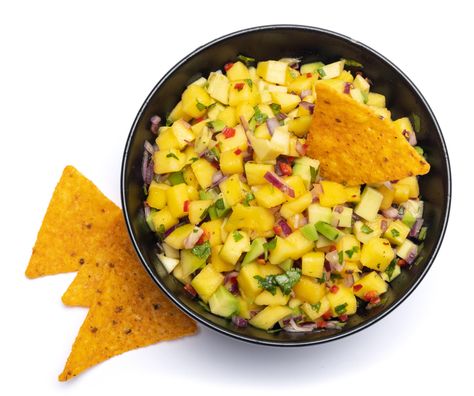
Finding Her Path
By Mary Doellman, DO, FAAOA
Being a doctor wasn’t always what Dr. Mary Doellman, an ENT physician at Quincy Medical Group (QMG), had in mind. As a child, her first dream was to be a roller skate waitress, but she quickly discovered that roller skating wasn’t her talent.









